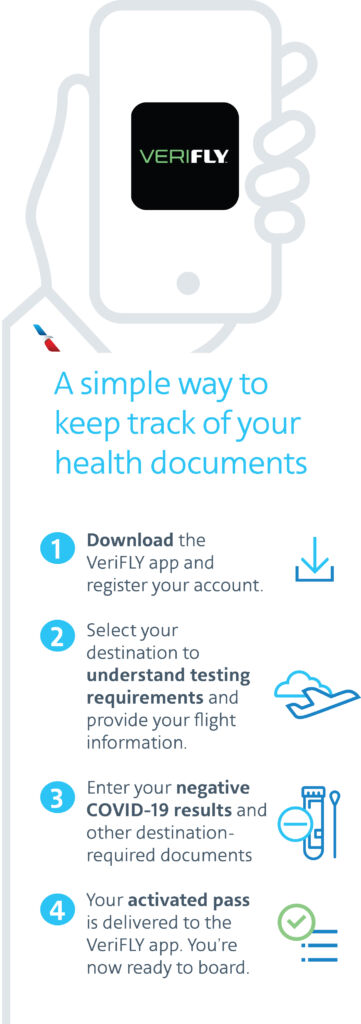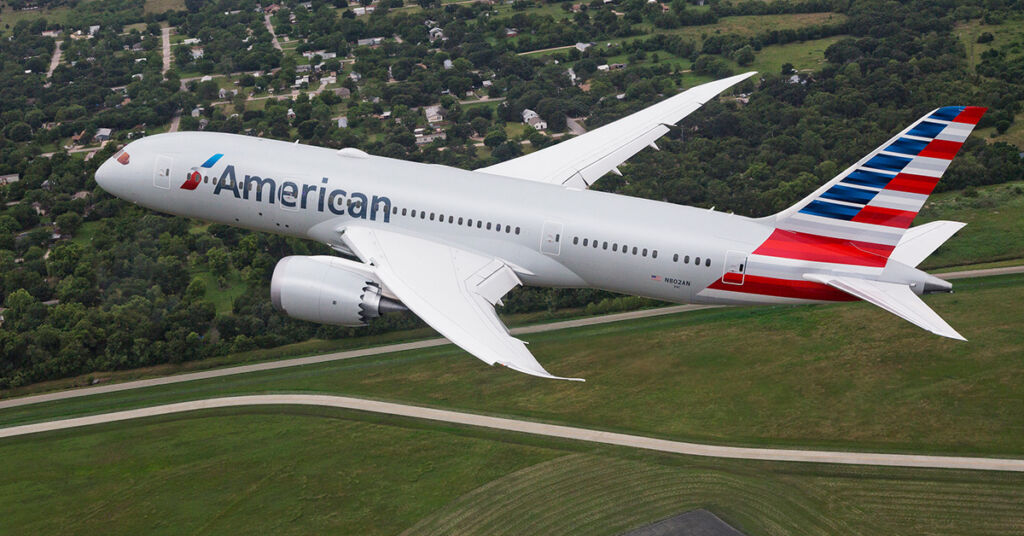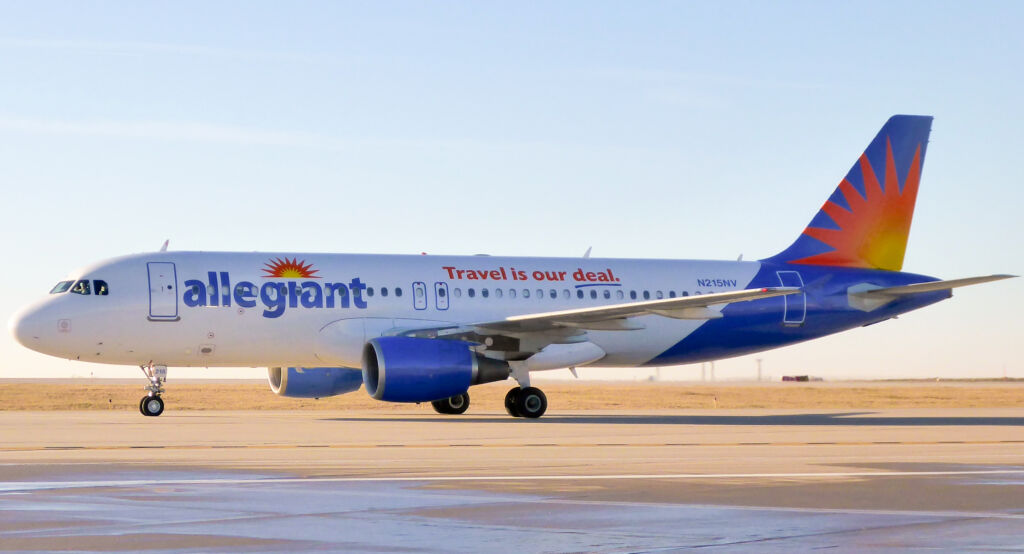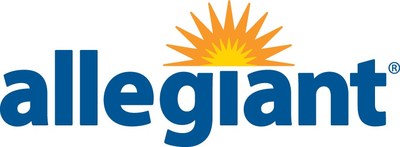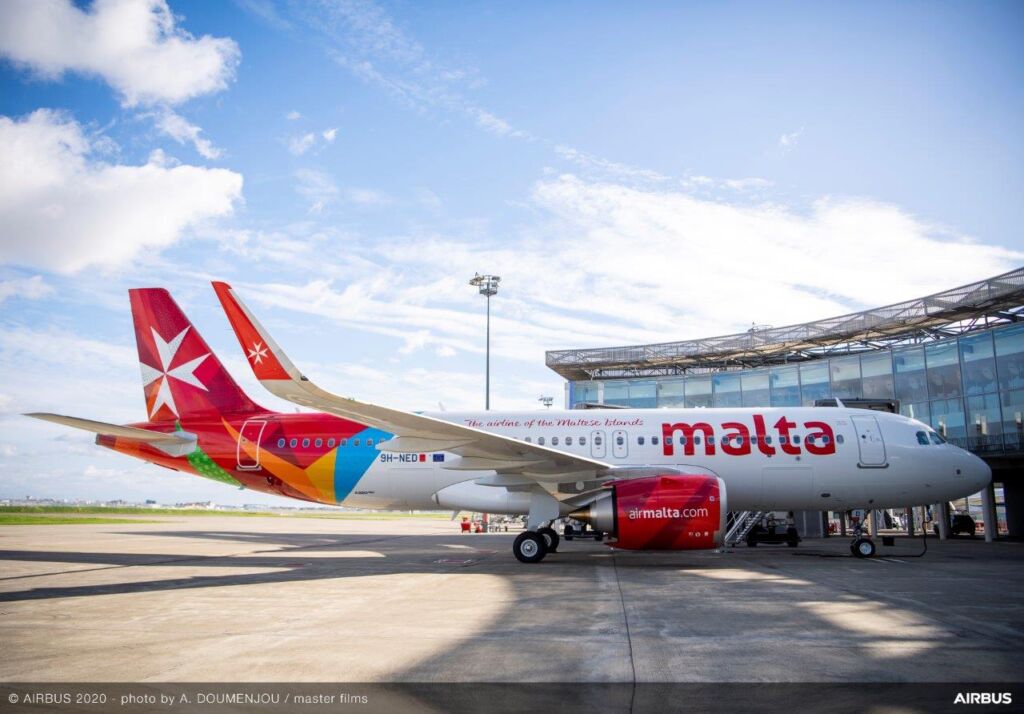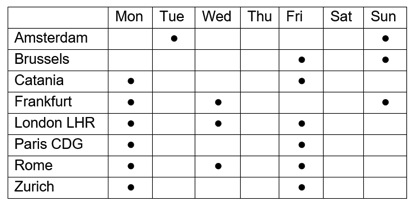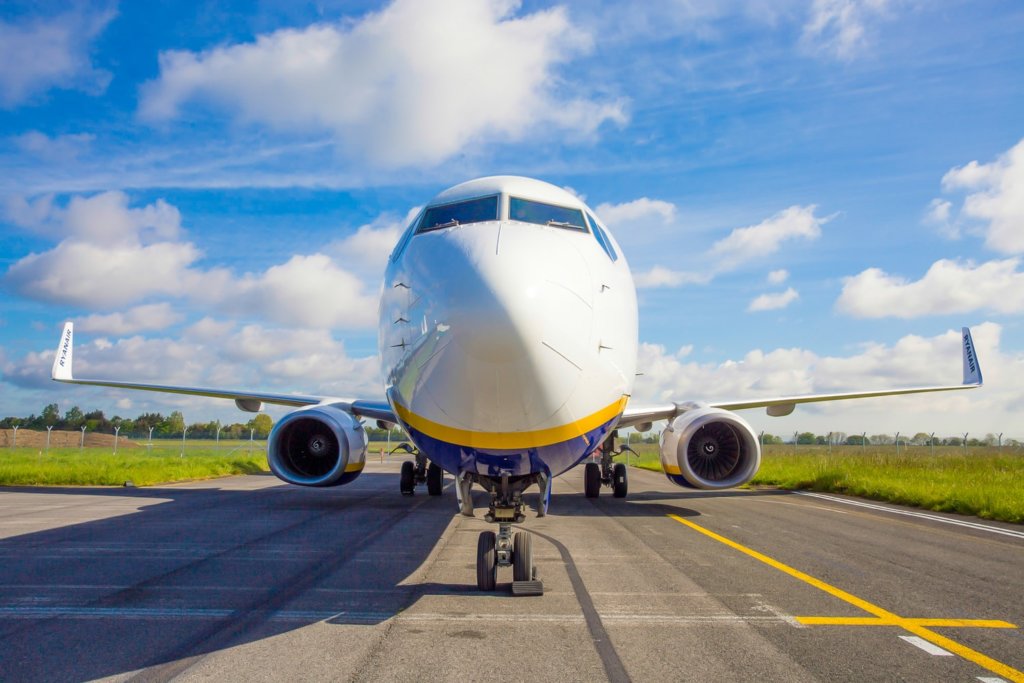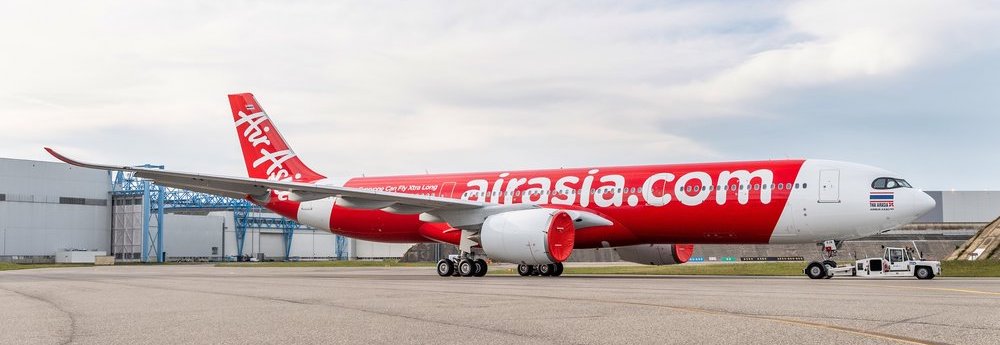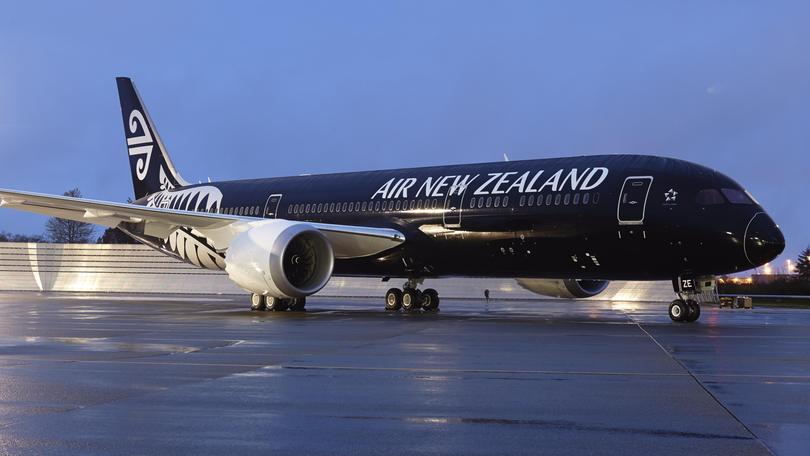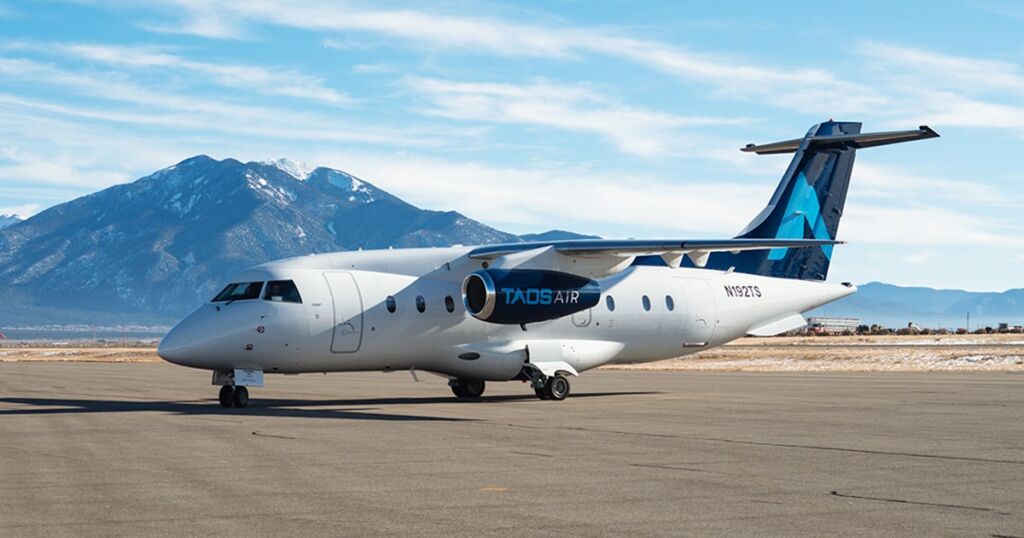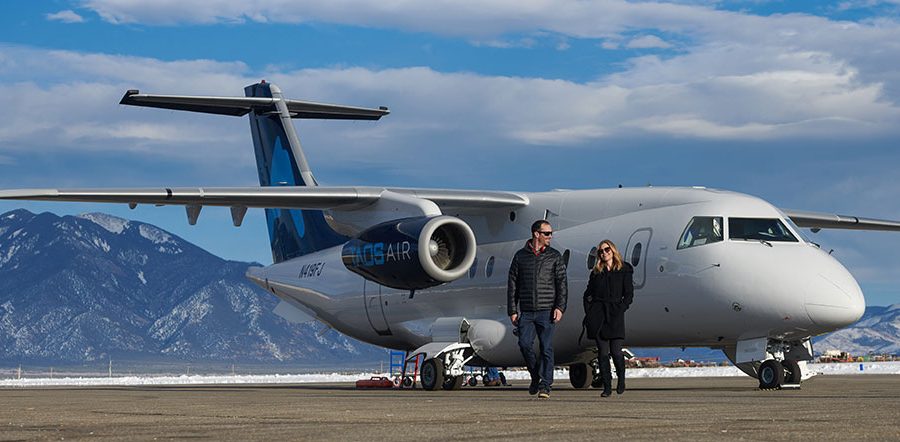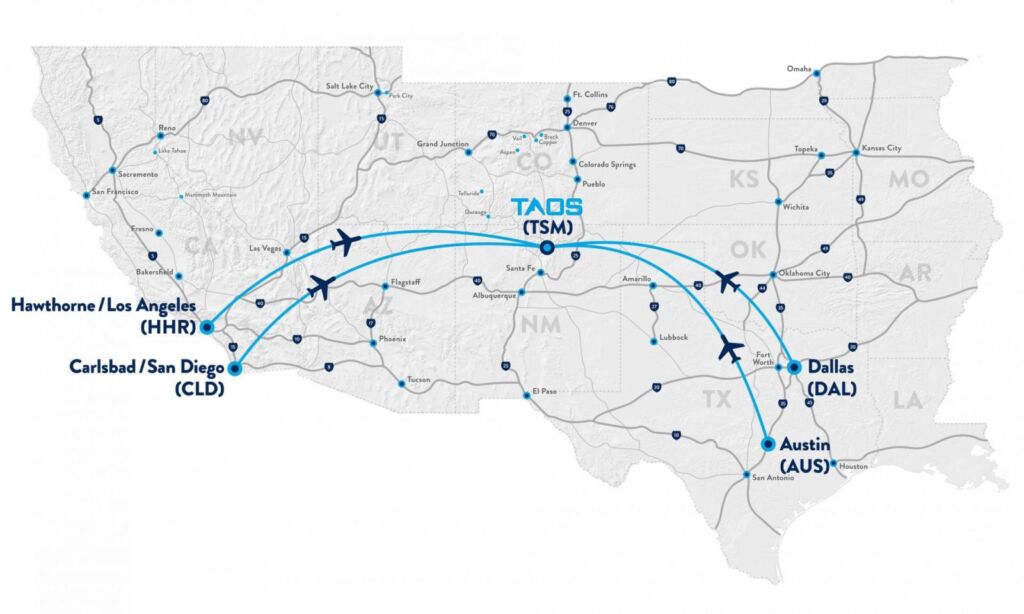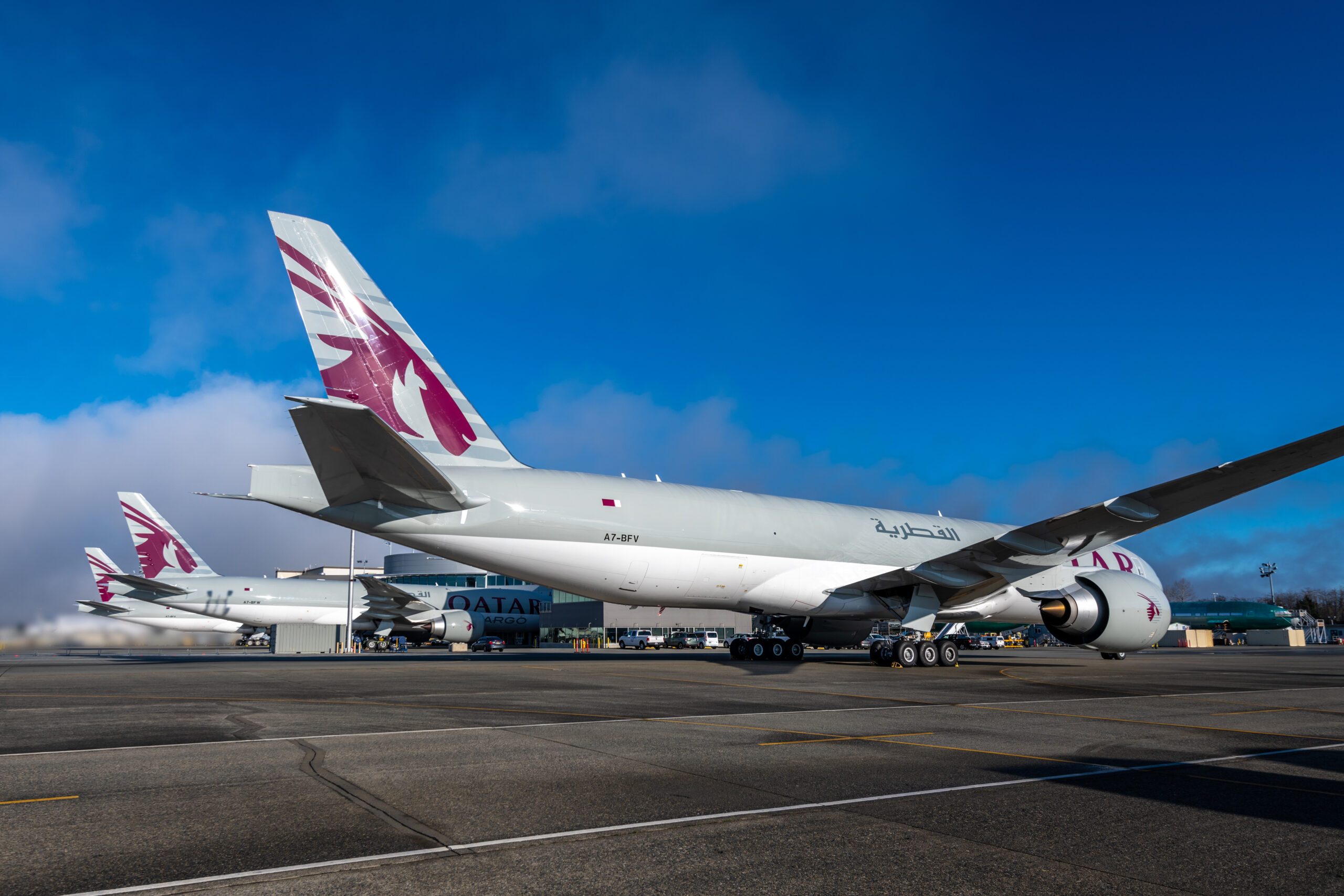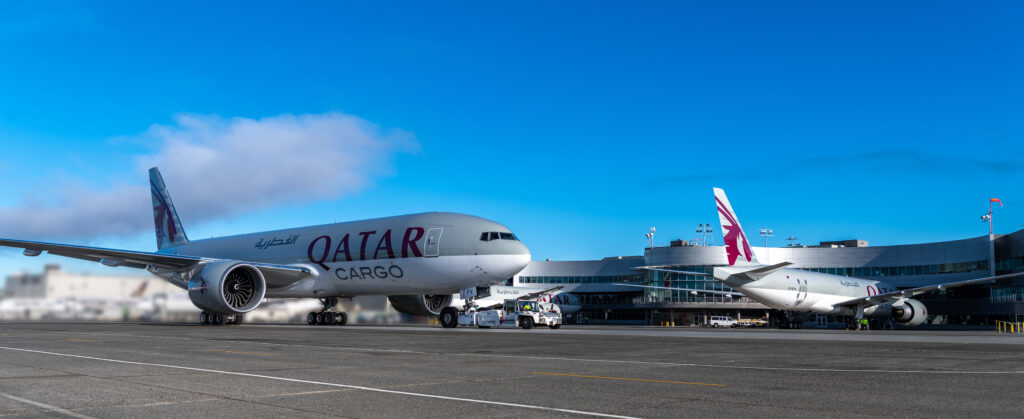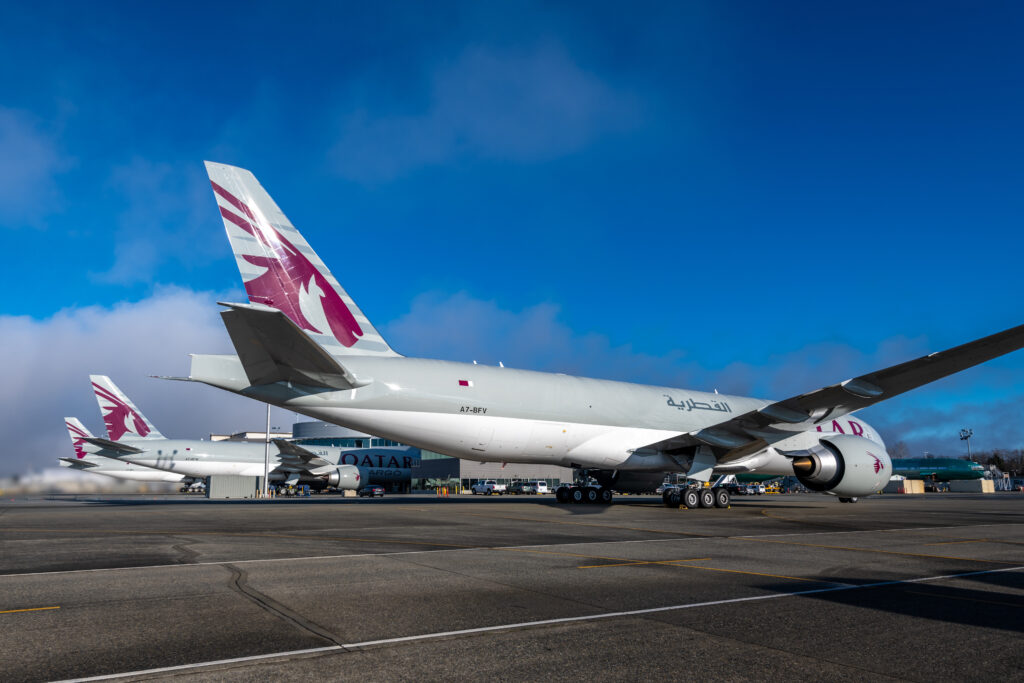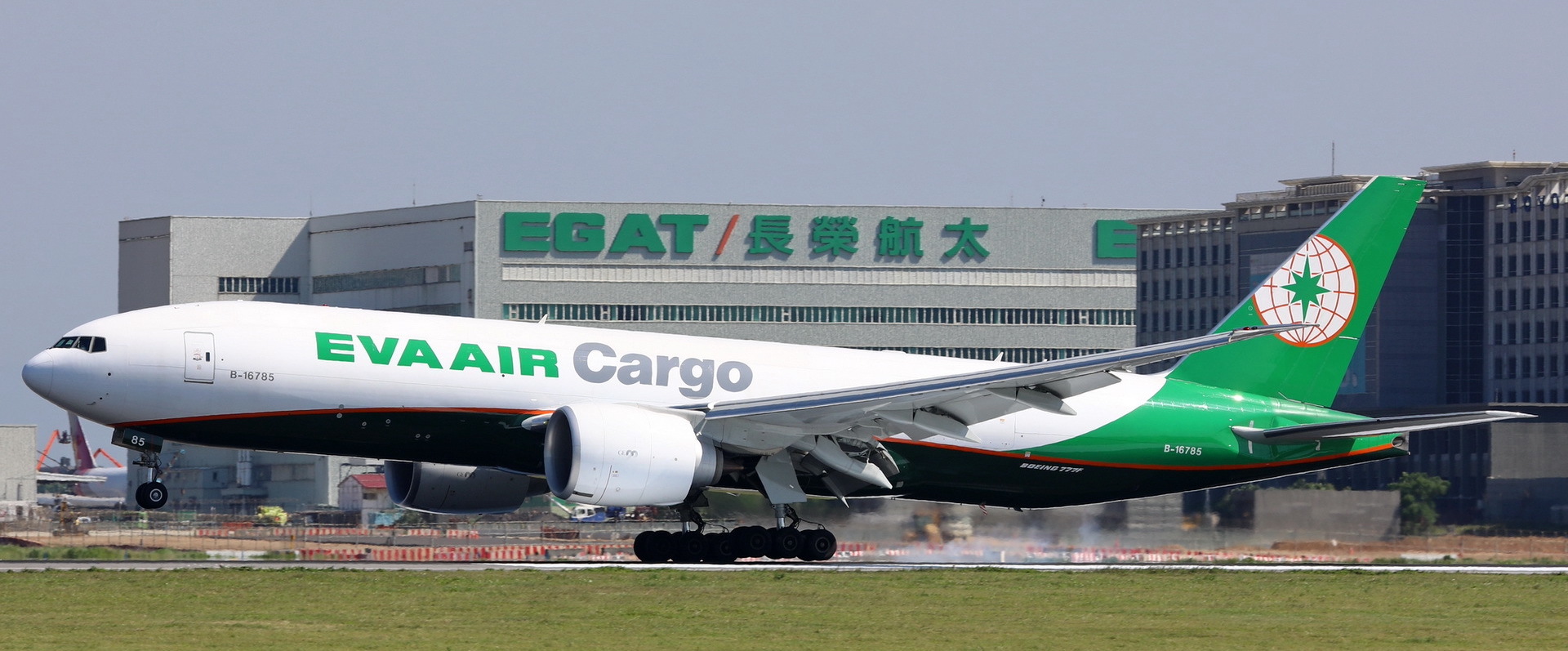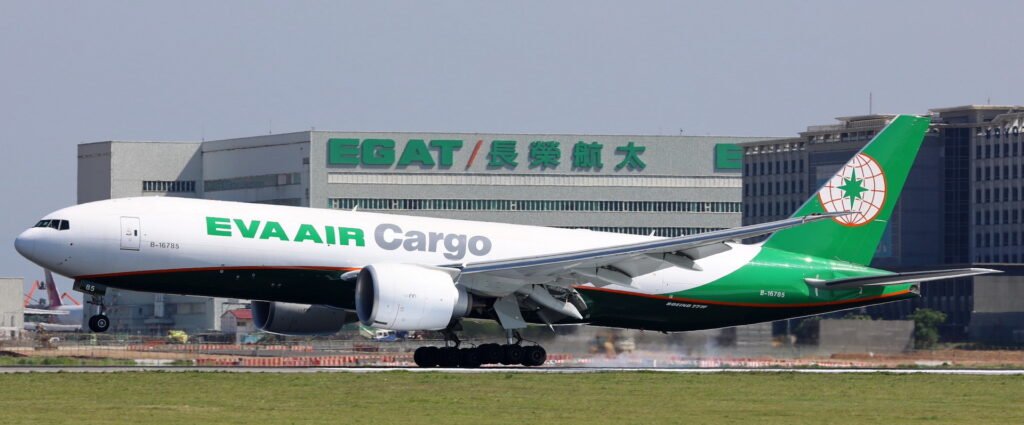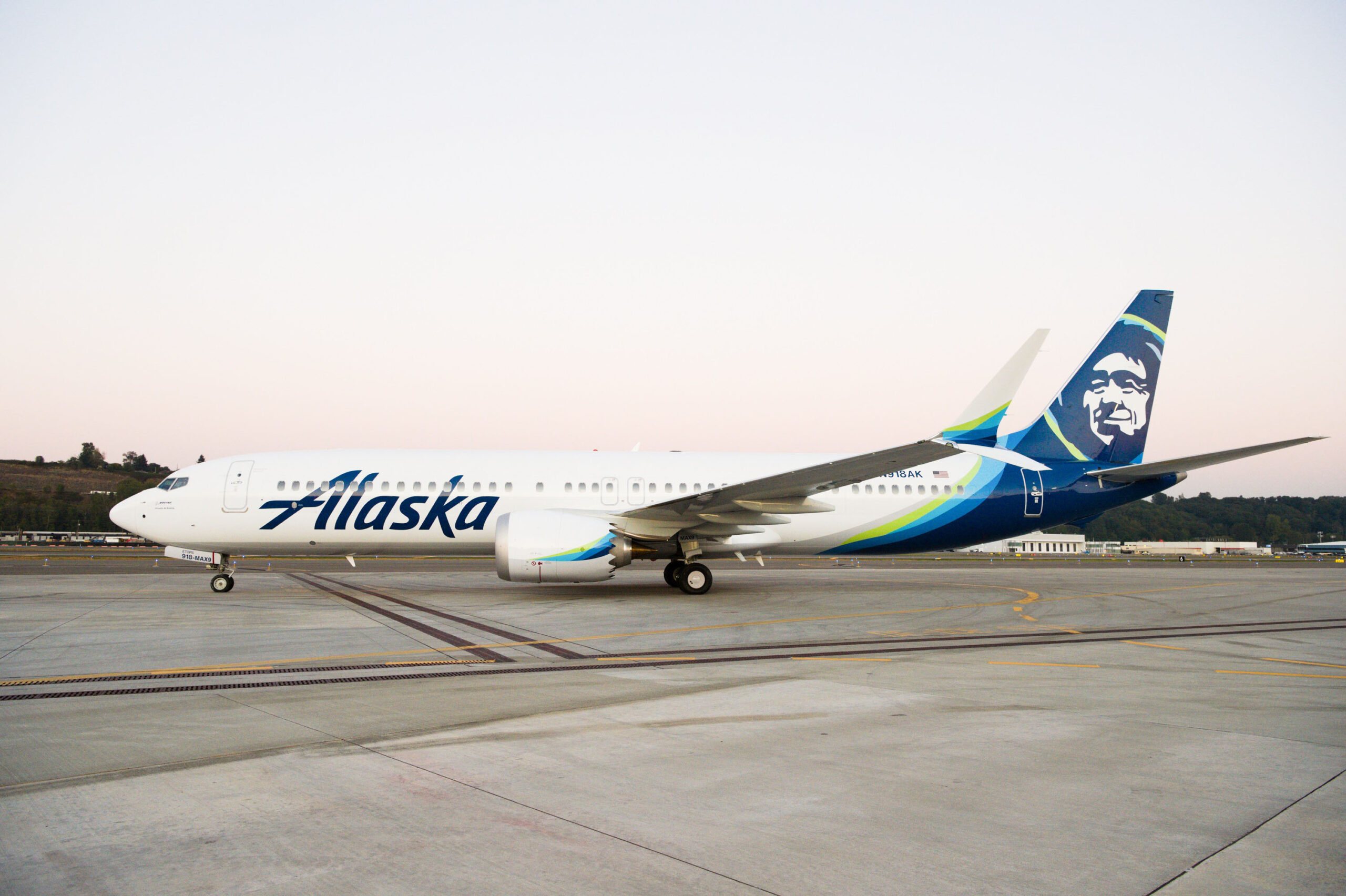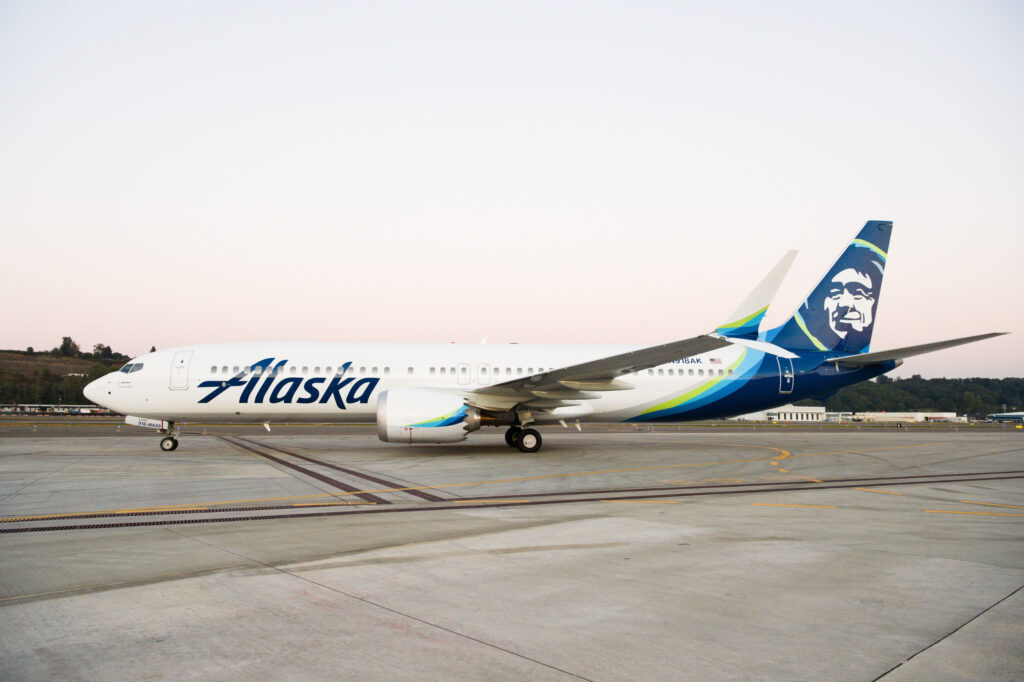- American is the first U.S. airline to introduce a health passport for inbound travel to the United States from all international destinations.
- Customers traveling to the United States can use the VeriFLY app to confirm testing and other COVID-19 travel requirements beginning Jan. 23.
American Airlines is the first U.S. airline to introduce an easy way to provide results from a negative coronavirus (COVID-19) test and other completed documents required for international travel into the United States. The VeriFLY app, a mobile health passport that helps customers understand and verify their travel requirements, will be available for travelers starting Saturday, Jan. 23, for travel from all international destinations. American is expanding access to the app in support of the U.S. government’s requirement that all passengers 2 years of age and older traveling to the United States from any international location test negative for COVID-19 within three calendar days of departure.
“We’re expanding our work with VeriFLY to quickly evolve our usage of the app and make international travel easier for our customers,” said Julie Rath, Vice President of Customer Experience at American. “We support the implementation of a global program to require COVID-19 testing for travelers to the United States, and we want to do everything we can to make travel a seamless experience for customers. We’ve received positive feedback about the app so far and look forward to more customers having the opportunity to use it.”
Customers can already use VeriFLY to streamline their travel from the U.S. to several countries including Jamaica, Chile, Colombia, El Salvador, Guatemala and Honduras. To date, thousands of American Airlines customers have traveled using the app.
Using VeriFLY
Using the VeriFLY app is simple. After downloading the app from the iOS App Store or Google Play Store, customers create an account, enter their destination and upload required documentation such as proof of a negative COVID-19 test.
Customers are encouraged to review travel requirements to their destination, including any restrictions on passport or point of origin. Visit aa.com to learn more about VeriFLY and the airline’s preflight testing program.
